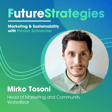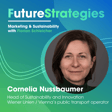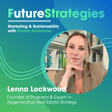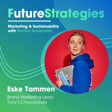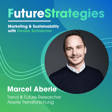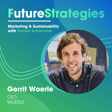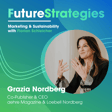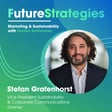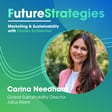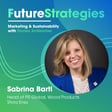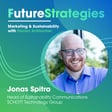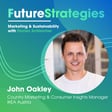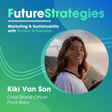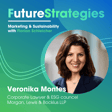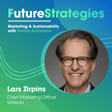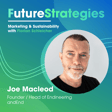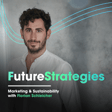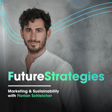
💪 Changing the core business model - Marika Püspök on how to steer a complex group of businesses to sustainability
Marika Püspök is the Chief Climate Officer of the Wiener Stadtwerke Group, since February 1, 2024. This is Viennas main infrastructure service provider for mobility and energy. It handles over 16.000 employees and several minicipal players like the Vienna energy provider, the Vienna public transportation services, the Vienna garage operators and many more. In short: It is one of the biggest employers in Austria.
Her task is to set up the strategy of the self proclaimed climate protection corporation. That includes implementing ESG and sustainability in the Group. And because of all of that I have been looking forward to this chat now for a long time.
About the FutureStrategies podcast and your host:
I’m Florian Schleicher, a marketing strategist. I help brands gain clarity, spark momentum, and turn strategy into something that actually moves people. In 2022, I started my marketing studio FUTURESTRATEGIES. to do exactly that. I currently work with corporate clients from 11 countries.
If you want more, check out my FutureStrategies newsletter – weekly inspiration on marketing, strategy and sustainability.
And if something’s blocking your brand from doing its best work, let’s talk.
